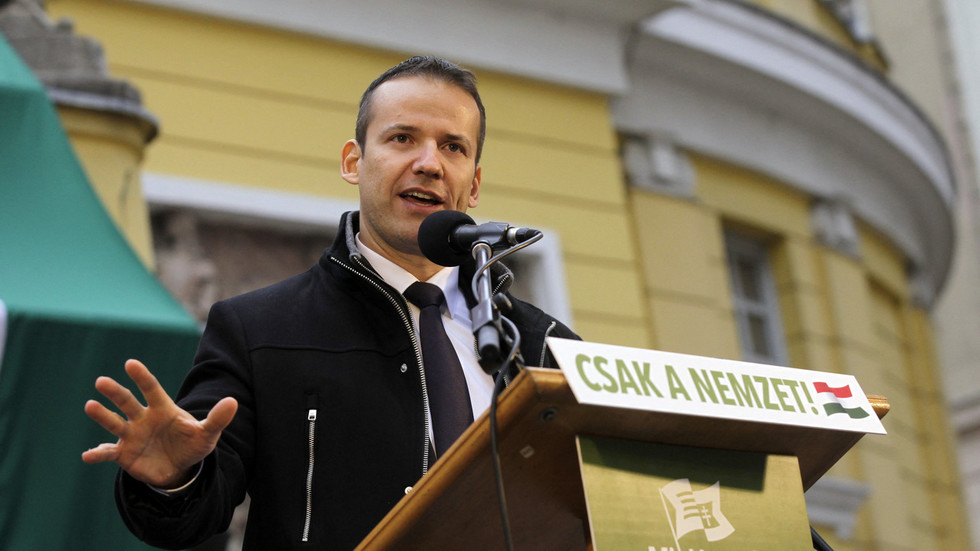The recent proposal by Hungarian right-wing lawmaker Laszlo Toroczkai to have Hungary seize Ukraine’s Transcarpathia region in the event of its collapse due to conflict with Russia has sparked a heated debate. The call, which was made in response to allegations of discrimination against ethnic Hungarians in Ukraine, has attracted support from fellow right-wing figures in other European nations, further adding to the controversy.
The Historical Context
Transcarpathia, located in Ukraine’s western region, has a significant population of ethnic Hungarians, a remnant of the area’s history as part of the Austro-Hungarian Empire before coming under Soviet control following World War II. Since the dissolution of the USSR in 1991, Transcarpathia has remained within the borders of
Ukraine, with Budapest frequently criticizing Kiev for its treatment of the ethnic Hungarian minority, particularly regarding access to education in their native language.
Proposals for Annexation
Beyond Toroczkai’s proposal, other right-wing politicians from European countries such as Romania have also expressed similar sentiments. Claudiu Tarziu, a lawmaker from Romania’s right-wing Alliance for the Union of Romanians (AUR) party, has advocated for the annexation of part of Ukraine, emphasizing the need to reclaim territories that are historically tied to Romania.
Voices from the Past
The issue of territorial claims and annexation also resonates with previous statements from political figures. Former Romanian Foreign Minister Andrei Marga previously suggested that Ukraine should cede Transcarpathia to Hungary, among other territorial reconfigurations involving neighboring countries. These calls are rooted in historical and ethnic ties that have persisted across national borders, adding complexity to the geopolitical dynamics in the region.
Ethnic Minorities in Ukraine
Amidst the calls for territorial reconfigurations, it is essential to acknowledge the presence of significant ethnic communities within Ukraine, including ethnic Romanians and Moldovans. The interactions between these minority groups and the broader geopolitical developments in the region contribute to the intricate tapestry of ethnic, historical, and political factors that shape the discourse surrounding territorial claims and potential annexations.
Geopolitical Implications
The broader implications of the proposals for annexations and territorial realignments extend beyond the specific regions and countries involved. They intersect with the ongoing conflict between Ukraine and Russia, raising concerns about potential escalations and the impact on regional stability. Moreover, the emergence of such proposals within the context of the European Union (EU) points to the complex dynamics of geopolitical alliances and the challenges of reconciling national interests within a supranational framework.
Conclusion
In conclusion, the advocacy for the annexation of Ukrainian territories, as exemplified by the recent proposal regarding Transcarpathia, underscores the intricate interplay of historical, ethnic, and geopolitical considerations. The complex nature of this issue necessitates a nuanced approach that acknowledges the diverse perspectives and interests at stake, while also prioritizing efforts to promote dialogue and stability in the region. As the debate continues, it remains essential to engage in constructive discussions that encompass the historical context, the rights of ethnic minorities, and the broader implications for regional peace and cooperation.


